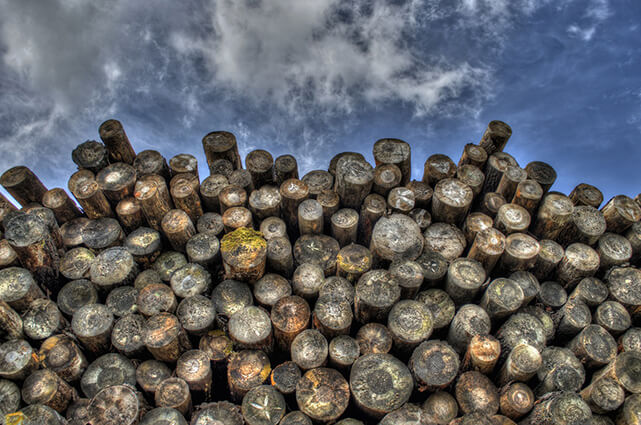Pakistan moves to embrace solar energy
The Pakistani government has instituted a bold new agenda over the past year to expand solar energy capacity. Roadblocks holding back grid-connected solar energy and rooftop solar installations have been eliminated and innovative financing models for residential solar panels have been approved by parliament in a bid to both reduce carbon emissions and expand energy access across the country. A 32.5 per cent tariff levied on imported solar equipment has also been eliminated. “The initiative will help scale up demand for solar energy across Pakistan, and we hope the increased demand will also result in sufficient decreases in the price of solar equipment,” said Asjad Imtiaz Ali, chief executive officer of the Alternative Energy Development Board in an interview with Reuters. Energy blackouts are common throughout the country, with frequent power cuts of eight hours or more a day. The total power capacity gap stands around 6,000 megawatts.
After Obama vows to veto Keystone XL legislation, are the oil sands in trouble?
White House Press Secretary Josh Ernest issued a stern veto threat on Tuesday regarding pending Keystone XL legislation working its way through Congress. “I can confirm for you that if this bill passes this Congress, the president wouldn’t sign it either,” Earnest said. So what does this mean for the short-term health of the Alberta oil sands? Bloomberg Businessweek points out that most projects that are currently under construction or already operational will continue to move forward, as the costs of the project are largely up-front. In other words, once an oil sands play is operational or significant money has already been spent by investors, the cost of maintaining extraction is much lower. Continued low oil prices and a growing lack of export infrastructure are likely to discourage new projects from getting off the ground in the future, but that will only impact production capacity years down the road. Fourteen new oil sands projects in Canada are scheduled to start in 2015 with a combined capacity of 266,000 barrels a day.
Israeli biogas start-up aims to tackle food waste
If homeowners can install solar panels on the rooftops of their houses, why can’t they have micro biogas units in their backyards? The two young founders of an Israeli startup, HomeBioGas, are doing exactly that. Yair Teller and Oshik Efrati have designed a backyard-sized biogas machine that turns organic kitchen waste, garden waste and pet droppings into pressurized renewable gas that can be hooked up to a gas barbeque or burned indoors for heat. The system, called TevaGas, also produces a clear organic liquid fertilizer than can be spread on gardens. “We are addressing two market segments…underserved, off-the-grid, urban and rural communities, and more affluent environmentally conscious and aware homeowners,” said Ami Amir, the company’s head of marketing and business development.
Brazilian president picks climate sceptic as minister of science
President Dilma Rousseff, fresh off her close re-election victory, has appointed Aldo Rebelo as minister of science. He is well-known as a long-time outspoken skeptic of climate science, although he vowed in his swearing-in ceremony that his personal views would have no bearing on policy decisions made by his ministry. Environmentalists expressed strong disapproval with the appointment. “At first I thought this was some sort of mistake, that he was playing musical chairs and landed in the wrong chair,” Márcio Santilli, a founder of Instituto Socioambiental, one of Brazil’s leading environmental groups told The New York Times. “Unfortunately, there he is, overseeing Brazilian science at a very delicate juncture when Brazil’s carbon emissions are on the rise again.”
Impact investing lags in U.K. compared to rest of Western Europe: study
Impact investing incorporates a range of emerging investment products, such as social impact bonds, microcredit financing, green building mortgages, social venture funds and so on. These products are mostly being adopted by private foundations, with banks beginning to embrace them as well. Yet, according to National Director of Oikocredit UK, Monica Middleton, the U.K. is struggling to keep up with the growing adoption of impact investing in other western European countries, despite being the birthplace of the first Social Impact Bond. “Yet our latest research, conducted by Tooley Street Research, shows that UK investors are significantly lagging behind their European neighbours, with those at the top of the league table investing almost 24 times more than U.K. investors in social impact products,” she writes. Middleton is encouraged by recent government support expressed in the recent Fall Statement, but calls for more participation in impact investing by middle-class U.K. residents that is in line with the recent boom in other sustainable lifestyle choices made by U.K. consumers.






